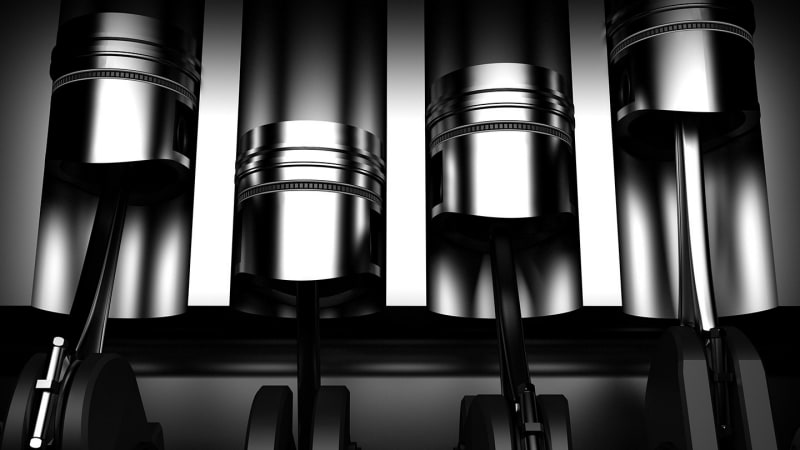Engine misfire: Causes and signs

Quick insights
- Engine misfire can lead to decreased fuel efficiency and potential damage to the vehicle's engine.
- Various factors can cause engine misfire, including faulty spark plugs, fuel injector issues and problems with the ignition coil.
- Recognizing the signs of engine misfire and knowing how to fix it can help maintain your car's performance and longevity.
Ever wonder why your car is acting like it's got the hiccups? It could be an engine misfire. But don't worry—we're here to help you understand what it means and how to fix it.
What does engine misfire mean?
An engine misfire happens when one or more of the engine's cylinders fail to fire properly. But what does that mean for you and your car?
Engine misfire can cause your car to shake or jerk, disrupting a smooth driving experience. It typically feels like a sudden loss of power or a jarring vibration that can cause the vehicle to jerk or shudder during acceleration. It can also result in poor fuel efficiency, meaning you could be making more frequent stops at the gas station. Moreover, it can lead to increased emissions, which can cause your car to fail an emissions test—a critical aspect in many states' vehicle inspection regulations.
Recognizing the signs of engine misfire
Engine misfire can manifest in several ways. Here are some signs to look out for:
- Unusual sounds: One of the first signs of engine misfire is unusual sounds from the engine, such as popping or spitting. These sounds are typically quite noticeable and may become more frequent as the condition of the engine worsens, indicating a more urgent need for maintenance.
- Decreased performance: You may notice a decrease in your car's acceleration or power.
- Check engine light: The check engine light may come on if your car's computer detects an engine misfire.
- Poor fuel economy: If your car is using more fuel than usual, it could be a sign of engine misfire.
What causes an engine to misfire
Engine misfire can be caused by a variety of factors. Let's explore some of the most common causes:
- Faulty spark plugs: Spark plugs that are worn out or damaged can cause engine misfire.
- Fuel injector issues: If the fuel injectors are not delivering the right amount of fuel to the engine, it can lead to engine misfire.
- Ignition coil problems: The ignition coil, which provides power to the spark plugs, can also cause engine misfire if it is not working properly.
How to fix engine misfire
Fixing an engine misfire often involves addressing the underlying cause. Here are some ways to help fix an engine misfire:
- Replace spark plugs: If the spark plugs are the cause of the engine misfire, replacing them can often fix the problem.
- Fix fuel injector issues: Cleaning or replacing faulty fuel injectors can help resolve engine misfire.
- Address ignition coil problems: If the ignition coil is the issue, it may need to be replaced to fix the engine misfire.
How to prevent engine misfire
Preventing engine misfire is often a part of regular maintenance. Regularly servicing your car and replacing parts like spark plugs and fuel injectors as needed can help prevent engine misfire.
If you notice signs of engine misfire, addressing them promptly can prevent further damage to your car's engine.
The bottom line
Engine misfire is a common car problem that can lead to decreased performance and potential damage to your car's engine. Recognizing the signs of engine misfire, understanding its causes and knowing how to fix it can help you maintain your car's performance and longevity.



